Andrew Miller is the International Director for DMI. When he’s not munching on Adora Chocolates in Sydney, he’s travelling around the world raising funds and DMI’s profile in developed countries or visiting the fields we support to see what’s needed and how our funds are being managed. Either way, he works tirelessly to avoid unidentifiable food and meets lots of weird and wonderful people who he just can’t resist interviewing…
#13 Doug
Dr Doug Clutton is not Deaf. But as a hearing man, a missionary and audiologist, he is one of the many colourful – and wonderful – characters that make up the global DMI family. He has been a supporter, worker and friend of DMI for decades. Many Deaf souls have been touched through his partnership with DMI. I sit down with this quiet Canadian at Albert and Kim’s boarding house in Bacolod, Philippines, to uncover what led to this unconventional career path…
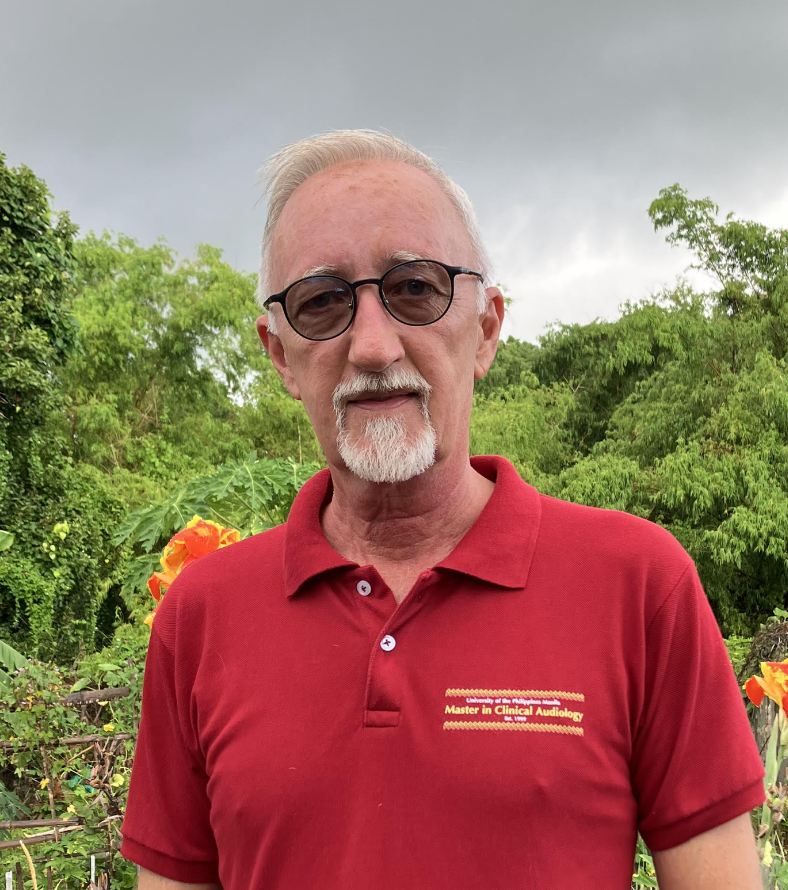
Andrew: You’re a 65 year-old Canadian guy who’s been living in the Philippines on and off for thirty-five years. That’s pretty unusual. What’s going on?
Doug: We came to the Philippines in 1989 with the original plan of planting a church for the hearing. But my profession is audiology, so when we saw the need among the Deaf here, it was clear that God was leading us into ministry for the Deaf.
How did you get into audiology?
I was studying chemistry at university but feeling very out of place with it. It didn’t seem to lead anywhere. One day I received a call out of the blue from the Communicative Disorders program at the university asking if I would be interested in joining the program. They have very limited openings so I jumped at it. With a great sense of purpose I began to study speech, language, pathology and audiology.
So then how and why did you become a missionary?
I felt called to missions from way back. After graduating from the Communicative Disorders program, I enrolled at Ontario Theological Seminary for one year during which I felt called to full time missionary work. I had no idea how the missionary work would ever mesh with my training in audiology but in 1989 my wife Val and I left Canada for the Philippines to work in missions.
Why the Philippines?
That was primarily Val’s connection. She had been to the Philippines back in 1982 and ’83 with an international ministry team and felt called to return there.
That’s a huge change. What was it like starting out as missionaries in the Philippines?
I had never previously been overseas so it was something of a shock! I remember landing in Manila after twenty hours of flying and traveling with two small children, looking at my wife and saying, “What have I done!?”
I know that feeling.
Our first assignment in the Philippines was to learn Tagalog. We were assigned to a church planting team in a hearing Church.
When did you first become involved with DMI?
Feeling called to ministry to the Deaf, we contacted the Fishermen of Christ Learning Center in Ligao and were pleased to be posted there for our second assignment.
Principal Anabelle was praising your work at the school in her interview with me. You must have been doing something right. Can you tell me about the work you were doing there?
We were living on the school premises in a house-come-audiology clinic working with the staff and students. I was training a nurse to become an audiologist so that we could establish a clinic and leave the ministry with local leadership. At that time I met Neville and we became great friends. As you and others have found, life is never the same after meeting Neville!
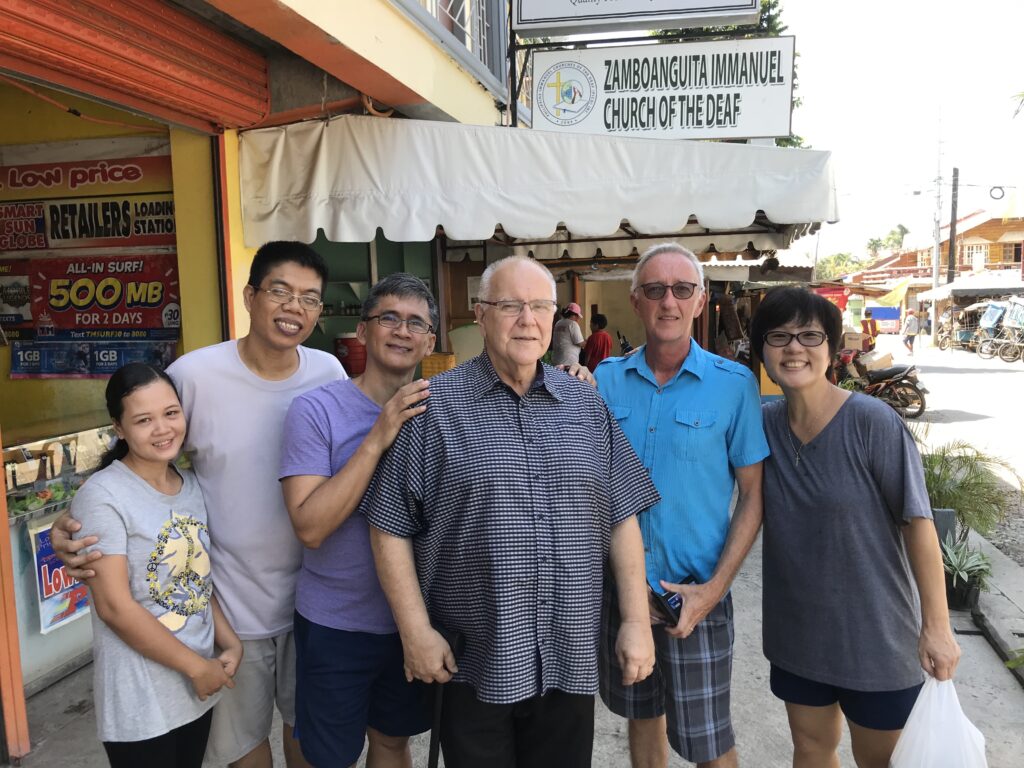
You’ve been very involved for many years in DMI’s Deaf churches in the Zamboanguita area, preaching, teaching and translating in the services. What role do you have in the DMI network today?
We formally retired from missions work in 2020, but we remain closely connected to DMI through the work that is being done in Bacolod by Pastor Albert and the churches in the Visayas region by other Deaf pastors. We also support some Deaf individuals on our premises through livelihood projects.
Livelihood projects can be challenging. What successes have you seen with the projects?
You’re not wrong there. We ran all the projects under the name ‘Naturally Negros’.
Named after the island here.
That’s right. They were farm-to-table projects with two stores, and everything was managed by Deaf individuals. At the peak of our production we had about twelve Deaf employed and one hearing person for sales.
What were you producing?
Ham, bacon sausages, goat milk, pickles, quail eggs. We eventually added natural essential oils and other products – around thirty five in total.
That’s impressive.
It was going reasonably well but never really became profitable. When Covid hit we had no choice but to close the business.
That’s a shame. It seemed to have so much promise. So since then, you haven’t been running any of the livelihood projects?
We personally have not been supervising any of the livelihood projects but some of them are still being run independently by individuals and they receive an income from them.
So although ‘Naturally Negros’ has ended as an entity, some of the projects are still seeing success? By the four Deaf people living on your property here?
Yes. Raymart is in charge of quail egg production. Quail eggs are very popular in Filipino dishes. He raises all the quail himself and has a decent production. I think he currently has about 300 or 400 quail. He has also been producing oyster mushrooms with success although it’s difficult to maintain a consistent supply for restaurants so they list it as a seasonal special on their menu. The chicken project is run by Pastor Rodel and his wife. They have some sales but it is a smaller business.
Oh, we also have a few small investment properties (three AirBnB units) which bring in a small but steady income for me and for PICD (Philippines Immanuel Church of the Deaf). These are actually our most lucrative projects!
The last few years have been really tough for you. Are you okay telling us a little bit about that?
My wife Val is in the advanced stages of Huntington’s disease. It’s a really very difficult disease to deal with because it’s so pervasive. It robs a person of their dignity and the ability to do almost any activity of daily life. We have found some very good caregivers to assist us in giving her the 24/7 care that she needs. But it’s hard. It’s very hard to see her like this.
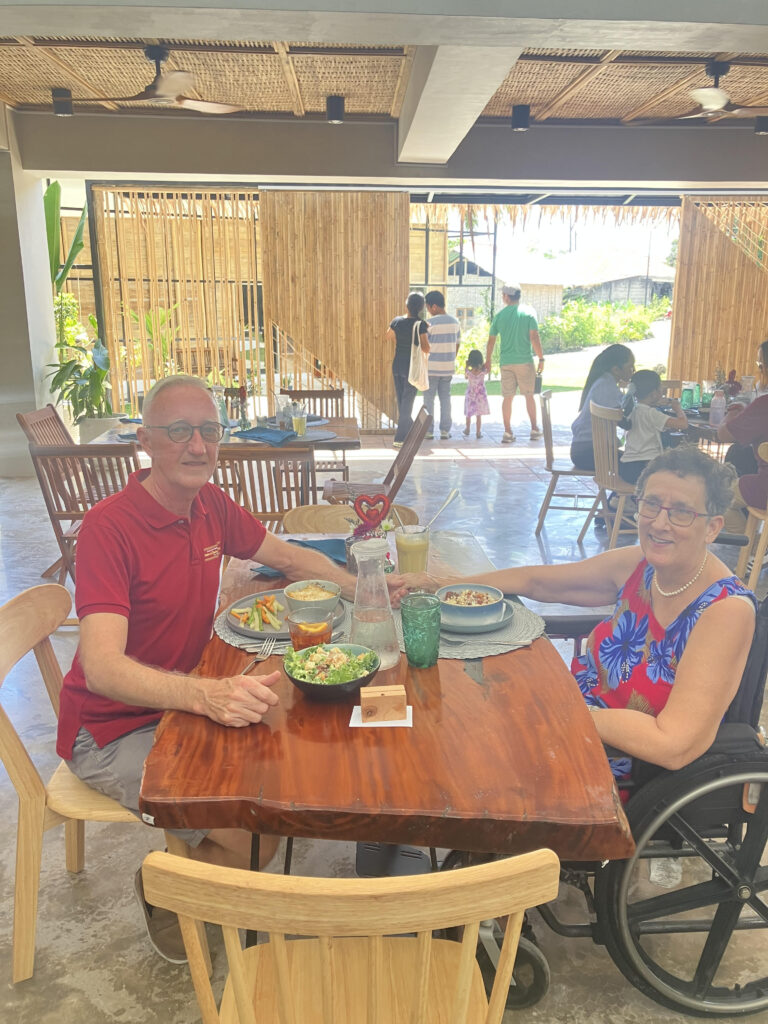
What does the future hold for Doug Clutton?
Once I find out I’ll let you know! At this stage I really don’t have a clear vision for my future. I’m grateful for the past! I feel blessed to have been so involved in the lives of the Deaf here in the Philippines and in my long friendship with Neville and DMI. Looking ahead, I can see myself getting involved in the teaching of audiology again. I expect there will be some good opportunities for that. And even though I have formally retired from mission work, missions are still my passion – especially mission towards the Deaf. That will always be in my DNA and where my heart is.
~
If you would like to support any of DMI’s pastors, schools or projects please go to https://deafmin.org/donate/ or click on the ‘Donate’ button below.
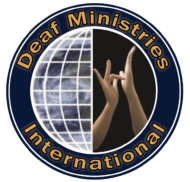
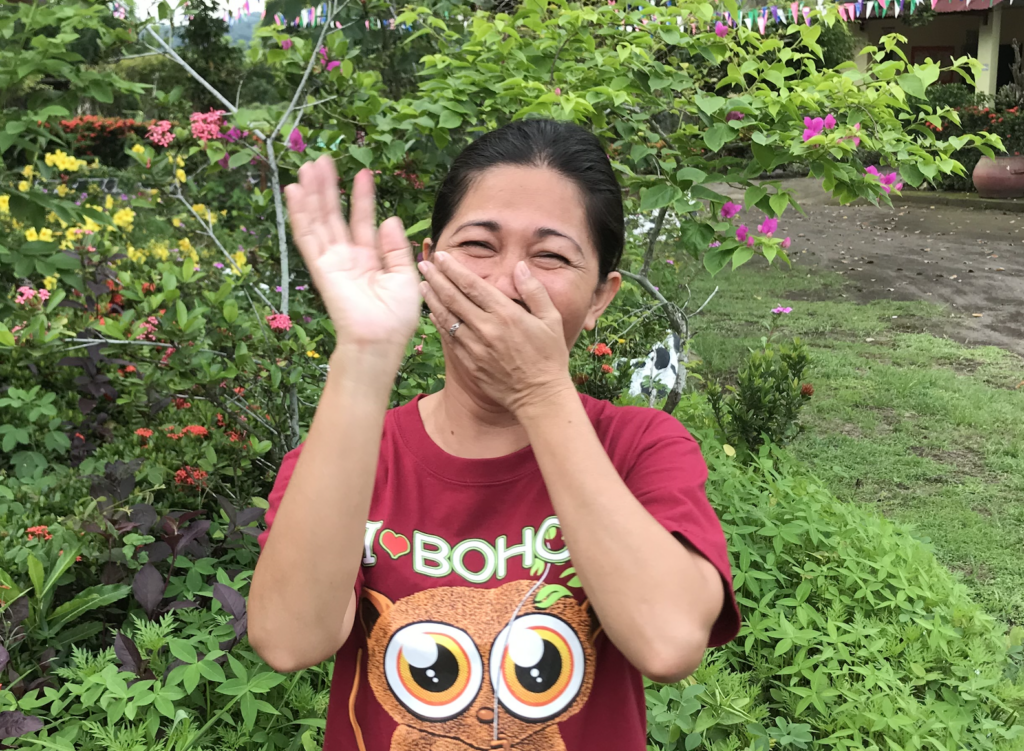
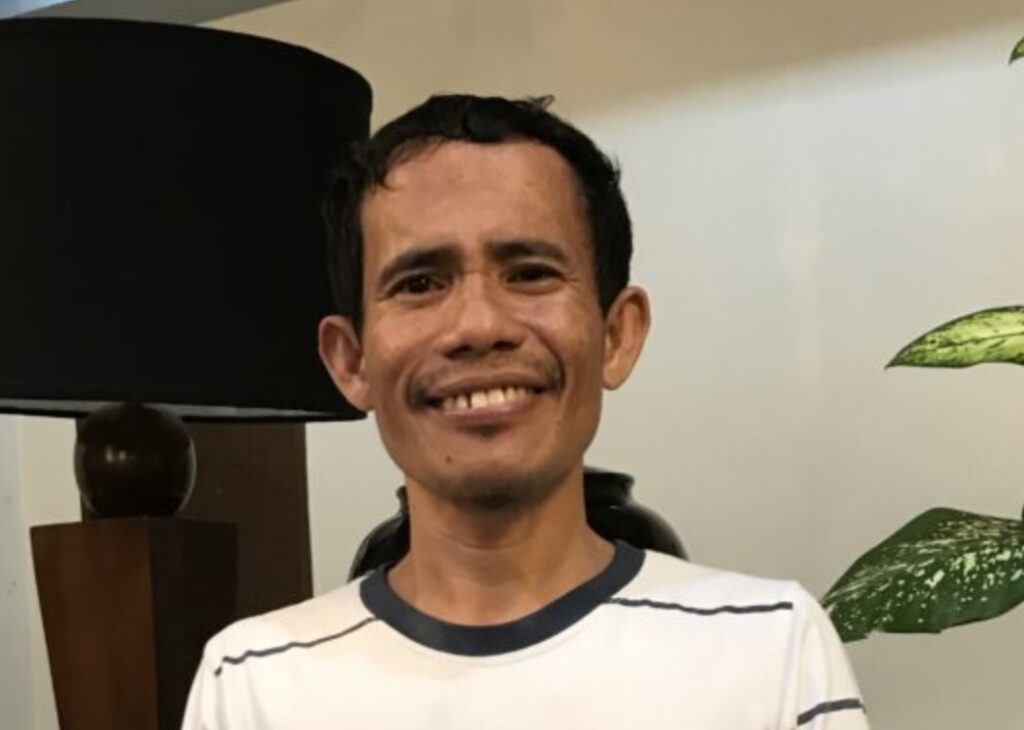
Really enjoyed reading this interview! Well done!
Thanks for sharing it Doug!
Blessings,
Anne Morris
What an inspiring man Doug is to have given so much of his life to helping the deaf in such a practical way.
I hope he is able to continue helping in his field in the future.